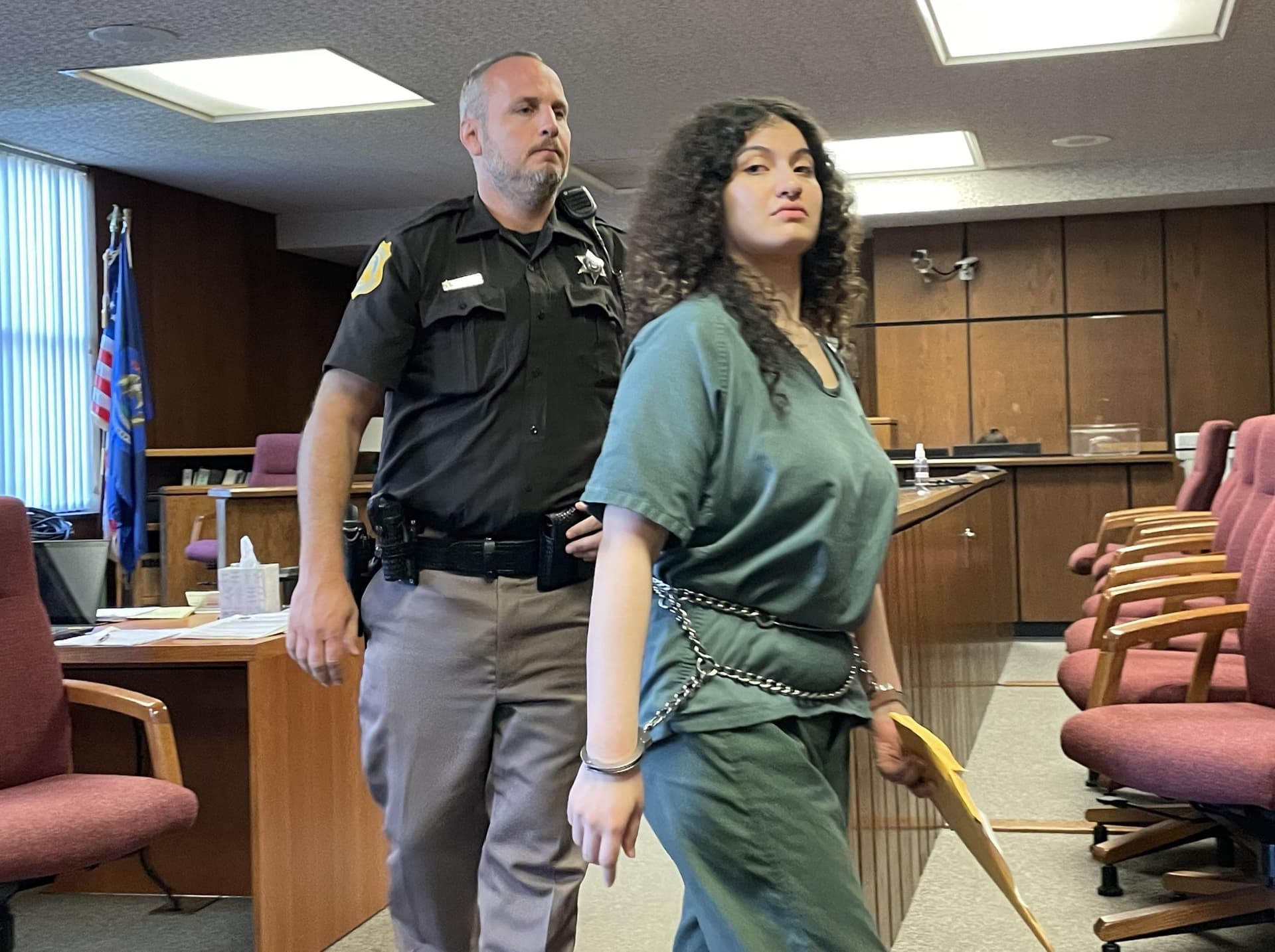Daughter of Former Intelligence Chief Convicted Again in Fatal Stabbing
Sophia Negroponte was convicted again of second degree murder for the 2020 stabbing death of her friend Yousuf Rasmussen following a drunken argument at a Maryland home. The retrial underscored contested evidence issues that prompted an appeals court to overturn an earlier conviction, a development that matters to true crime followers tracking admissibility and prosecution strategy.

A Montgomery County jury on November 21, 2025 found Sophia Negroponte, 32, guilty of second degree murder in the 2020 death of 24 year old Yousuf Rasmussen. The conviction marks the second time Negroponte has been found guilty in the case after an earlier 2023 verdict was overturned by an appeals court on procedural grounds. Prosecutors say the stabbing followed a dispute at a Maryland home and that Rasmussen died of his wounds.
Negroponte faces up to 35 years in prison at sentencing, which is scheduled for February 19, 2026. The Montgomery County State's Attorney's Office reported the retrial and conviction. The earlier 2023 conviction was vacated last year when an appeals court ruled the jury had been permitted to hear contested portions of a police interrogation and testimony that challenged Negroponte's credibility. Those evidentiary questions were central to the decision to order a new trial.
The case has drawn attention not only because of the violence involved, but also because of Negroponte's family background. She was one of five Honduran children adopted by John Negroponte and his wife after his stint as U.S. ambassador to Honduras. John Negroponte later served in senior U.S. foreign policy posts, including as the nation of the United States first director of national intelligence. The family profile added public interest both in news coverage and in online true crime communities following the case.
For hobbyists and practitioners who follow legal process and prosecutorial practice, the retrial highlights how appellate rulings on interrogation and witness credibility can reshape a prosecution. The appeal court's decision to exclude certain contested evidence led to a full retrial rather than a lesser remedy, illustrating the high stakes involved when trial judges admit disputed material. Observers tracking precedent will note how the second jury evaluated the case without the elements that prompted the earlier reversal.
The sentencing hearing in February will determine whether Negroponte receives the maximum exposure of 35 years. In the meantime the retrial verdict closes one chapter in a case that has moved between trial court and appeals court, and it will remain a point of discussion among true crime enthusiasts who follow courtroom procedure, evidence rulings, and high profile defendants.


